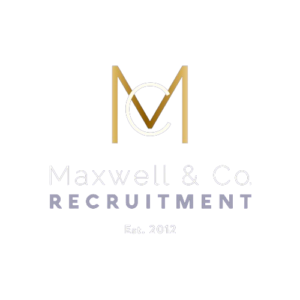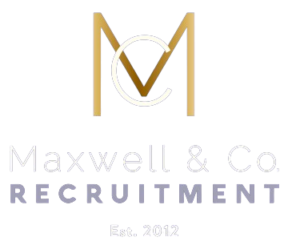Interviews are a pivotal moment in the recruitment process for both employers and candidates. They offer a unique opportunity to assess compatibility, understand capabilities, and envision potential futures together. Mastering the art of the interview requires preparation, empathy, and strategic communication from both sides. Here’s a comprehensive guide with tips for employers and candidates to navigate the interview process effectively.
For Employers
1. Prepare Thoroughly
- Understand the role you’re hiring for and the skills and qualities needed to excel in it. Review the candidate’s resume and prepare specific questions that will help you assess their fit for the position.
2. Create a Welcoming Environment
- Interviews can be nerve-wracking. Make candidates feel comfortable by offering a warm greeting, starting with easier questions, and maintaining a conversational tone throughout the interview.
3. Ask Open-Ended Questions
- Encourage candidates to share their experiences and perspectives by asking questions that start with “how,” “what,” or “describe.” This will give you deeper insights into their problem-solving abilities, creativity, and adaptability.
4. Listen Actively
- Pay close attention to the candidate’s answers, taking notes if necessary. Active listening shows respect for the candidate and helps you evaluate their responses more accurately.
5. Provide Clear Information about the Role and Company
- Be transparent about the job responsibilities, company culture, and growth opportunities. This honesty helps candidates make informed decisions about their fit and interest in the role.
For Candidates
1. Research the Company and Role
- Go beyond the surface level and understand the company’s mission, values, and recent achievements. Tailor your responses to show how your skills and experiences align with the company’s goals.
2. Practice Your Responses
- While you can’t predict every question, practicing responses to common interview questions can help you articulate your thoughts more clearly and confidently.
3. Highlight Your Achievements
- Use specific examples from your past work to demonstrate your skills and successes. The STAR method (Situation, Task, Action, Result) is a useful framework for structuring your answers.
4. Ask Insightful Questions
- Prepare thoughtful questions about the role, team, and company. Asking questions not only shows your interest but also helps you assess if the job is the right fit for you.
5. Follow Up
- Send a thank-you email within 24 hours of the interview, reiterating your interest in the position and why you believe you are a good fit. This small gesture can make a significant impact.
Conclusion
The interview is more than just a step in the hiring process; it’s an art form that requires preparation, engagement, and mutual respect. By following these tips, both employers and candidates can improve their interview performance and make more informed decisions. Remember, the goal of an interview is not just to fill a vacancy but to find a mutual fit that will lead to success and satisfaction on both sides.


